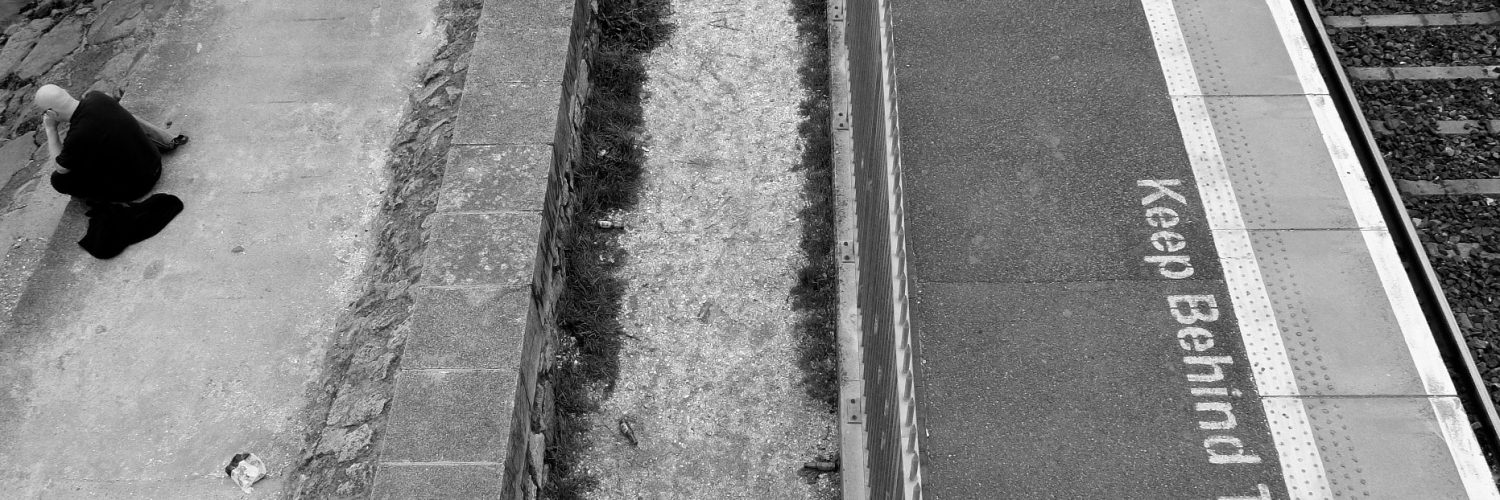Três leis da era da conexão que devem servir de baliza para as redes sociais e também para a atual era da “internet das coisas”. Proposto no blog affordance.info.
Proposition : 3 LOIS DE LA CONNECTIQUE.
Un terminal ou un objet connecté ne peut archiver, collecter ou faire transiter au-delà d’un temps explicitement défini, des données relatives à un être humain, ni, restant passif, permettre qu’un être humain soit indexé dans chacun de ses comportements et de ses intentions.
Un terminal ou un objet connecté doit obéir aux règles de confidentialité choisies par son utilisateur, sauf si de telles règles entrent en conflit avec la Première loi.
Un terminal ou un objet connecté doit proposer des services personnalisés tant que ces services n’entrent pas en conflit avec la Première ou la Deuxième loi.
Lembrando das 3 leis da robótica de Azimov:
Rappel : 3 LOIS DE LA ROBOTIQUE.
Un robot ne peut porter atteinte à un être humain, ni, restant passif, permettre qu’un être humain soit exposé au danger.
Un robot doit obéir aux ordres que lui donne un être humain, sauf si de tels ordres entrent en conflit avec la Première loi.
Un robot doit protéger son existence tant que cette protection n’entre pas en conflit avec la Première ou la Deuxième loi.
Esse tema será tratado na próxima disciplina que ofereço junto com minha colega Suzana Barbosa, no Pós-Com/Facom-UFBA. O mundo dos dados em expansão e em conexão planetária estará em discussão com os temas da “Internet das Coisas” e do “Jornalismos de Base de Dados”.
Internet das coisas é um termo cunhado por Kevin Ashton em 1999:
Today computers—and, therefore, the Internet—are almost wholly dependent on human beings for information. Nearly all of the roughly 50 petabytes (a petabyte is 1,024 terabytes) of data available on the Internet were first captured and created by human beings—by typing, pressing a record button, taking a digital picture or scanning a bar code. Conventional diagrams of the Internet … leave out the most numerous and important routers of all – people. The problem is, people have limited time, attention and accuracy—all of which means they are not very good at capturing data about things in the real world. And that’s a big deal. We’re physical, and so is our environment … You can’t eat bits, burn them to stay warm or put them in your gas tank. Ideas and information are important, but things matter much more. Yet today’s information technology is so dependent on data originated by people that our computers know more about ideas than things. If we had computers that knew everything there was to know about things—using data they gathered without any help from us—we would be able to track and count everything, and greatly reduce waste, loss and cost. We would know when things needed replacing, repairing or recalling, and whether they were fresh or past their best. The Internet of Things has the potential to change the world, just as the Internet did. Maybe even more so.
Em breve mais detalhes da disciplina com o programa detalhado de leituras e atividades.

